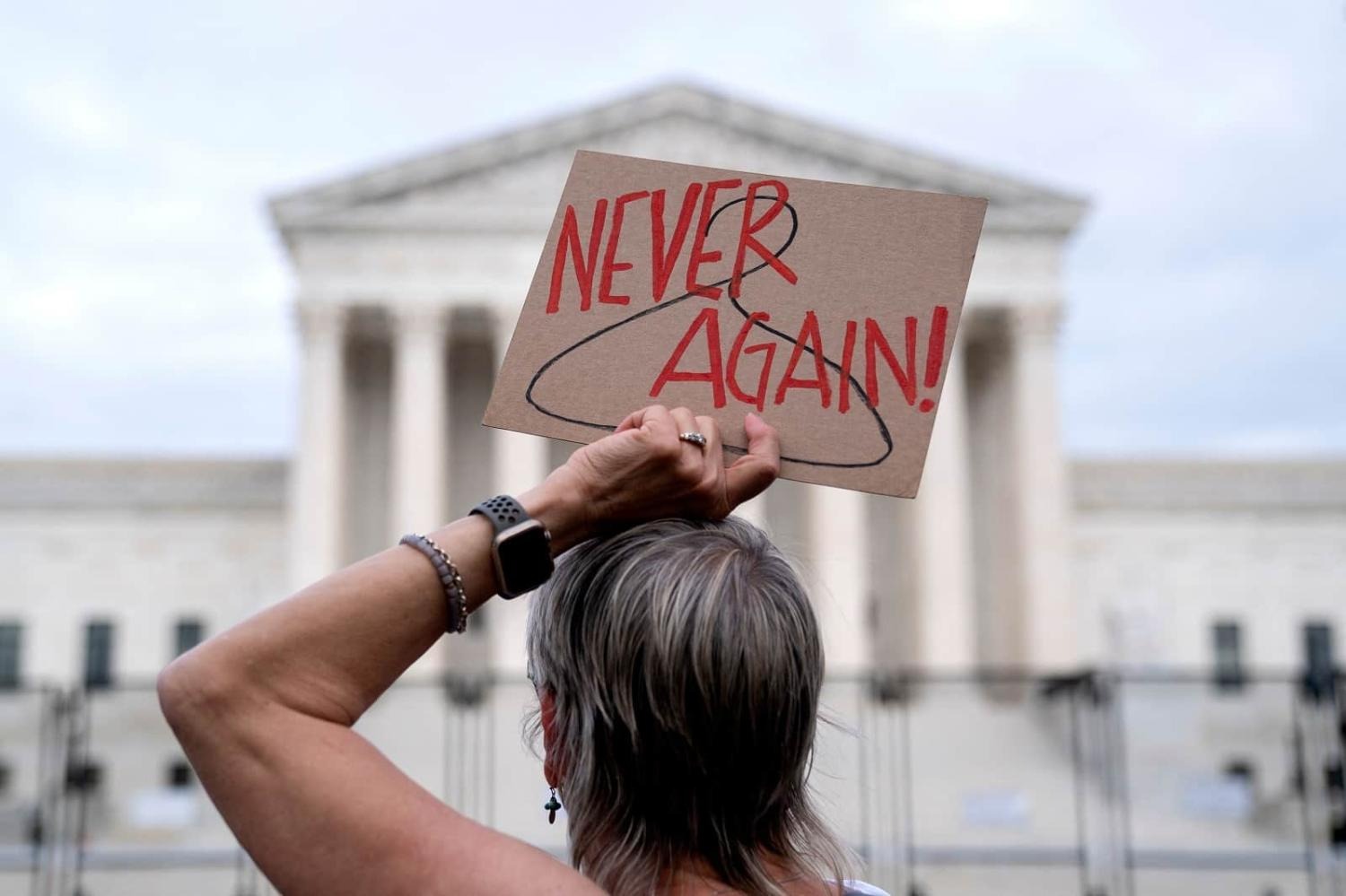The recent repeal of Arizona’s Civil War-era abortion ban marks a remarkable shift in the state’s reproductive rights landscape, with implications for both political parties and advocacy groups.
For Democrats, the repeal represents a victory in preserving access to abortion and a key issue for mobilizing their base heading into the November elections. Democratic leaders, including President Joe Biden, have seized upon the repeal as evidence of the chaos and uncertainty resulting from the Supreme Court’s decision to overturn Roe v. Wade.

They have framed the ban as outdated and out of step with modern values, emphasizing its unpopularity among voters. However, the repeal also presents challenges for Democrats, particularly in crossing the challenges of abortion politics in a battleground state like Arizona.
While the repeal preserves access to abortion, it may not be as politically advantageous as initially hoped, especially given the popularity of restrictions on abortion after 15 weeks of pregnancy. Democrats must carefully craft their messaging to effectively counter their opponents’ arguments and mobilize support for their agenda.
On the Republican side, the repeal reflects a pragmatic response to the changing political landscape and the need to address the fallout from the Supreme Court’s decision.
While some Republicans, including former President Donald Trump and Senate candidate Kari Lake, initially sought to amend the law, the majority supported the repeal in an effort to mitigate potential electoral losses.
For anti-abortion groups, the repeal represents a setback in their efforts to restrict access to abortion in Arizona. With the 1864 law off the books, their focus now shifts to defeating a ballot measure aimed at protecting abortion rights in the state constitution.

The outcome of this campaign will determine the future of abortion policy in Arizona and could have broader implications for the national abortion debate.
The repeal of Arizona’s Civil War-era abortion ban underscores the complex and contentious nature of reproductive rights politics in the United States. As both parties and advocacy groups continue to vie for control and influence, the fight over abortion rights is likely to remain a central issue in American politics for the foreseeable future.


